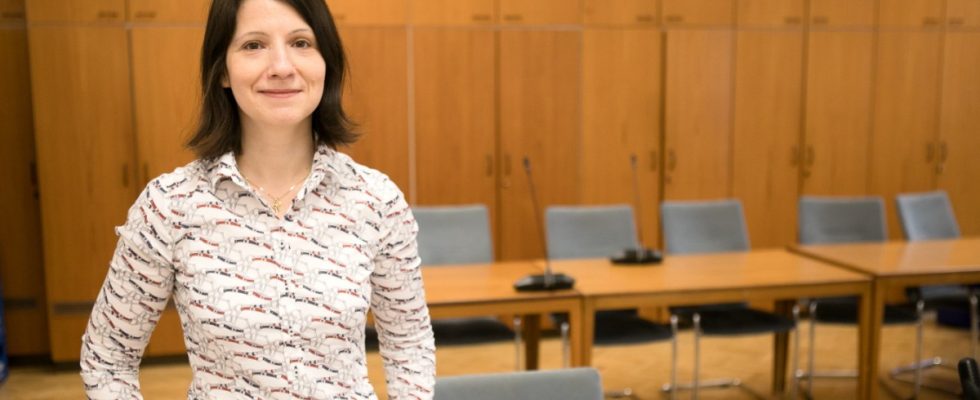The SPD will go into the 2026 local elections with its two previous parliamentary group leaders. In the regular election, the city councilors of the Social Democrats and Volt confirmed Anne Hübner and Christian Köning in their office on Monday. According to reports, the results were excellent to unanimous across the entire elected parliamentary group board. In doing so, the group showed a unity that had repeatedly been lacking internally in recent years. This will be crucial in the coming years if the SPD wants to remain in government after 2026, said Hübner. “Everyone understood that we only had a chance together.”
Immediately afterwards, Hübner clearly committed to the town hall alliance with the Greens/Pink List. Even if they have already started to set different priorities and will continue to do so in the local elections, this will not break up the coalition, said Hübner. “We owe it to the people of Munich to work together sensibly until the end of the term in office. That is my goal.” But co-chairman Christian Köning also emphasized the independence of the SPD at the top of the city. “We are the only ones in the town hall who are committed to an affordable Munich and a strong city – which is so important right now.”
The consensual election of the parliamentary group executive committee should send a clear signal. The last local elections in 2020 gave the SPD such a heterogeneous faction that there were repeated tests, especially when it came to ecological issues. This was ensured, among other things, by the candidates supported by Mayor Dieter Reiter (SPD). A passionate cycling activist like Andreas Schuster from the Green City association and the rather conservative singer Roland Hefter, for whom an older Munich woman is also welcome to go shopping in her VW Golf, represent the breadth of society, and they should easily come together The example of the transport transition is probably not the case. But it is now much easier to moderate opposing positions and convert them into constructive compromises, said parliamentary group leader Hübner.
Mayor Dieter Reiter, who, like Mayor Verena Dietl, was present at the election of the new parliamentary group executive committee, also sees it that way. “It was possible to form a creative team from the new city councilors elected in 2020 and the experienced city councilors,” explained Reiter afterwards. He appreciates his group, “which has the interests of the citizens in mind without ideological bias.” There was no personal praise for Hübner and Köning, but the mayor, who was always at odds with his faction, was generally satisfied. “The SPD city council group has done good work over the last four years and will continue this with the re-elected group leadership.”
Hübner wants to use the positive mood at the moment to at least stop the SPD’s downward trend in 2026. Köning and she have “a huge responsibility” to make the right decisions with the parliamentary group in times of a heated society, she said. Hard work and meticulousness are still required in order to work specifically on people’s problems and also to offer solutions. Entirely in the spirit of Mayor Reiter, who also once again urges unity: “The SPD parliamentary group is important to me as mayor in order to find pragmatic solutions for Munich together as a voice of reason.”

